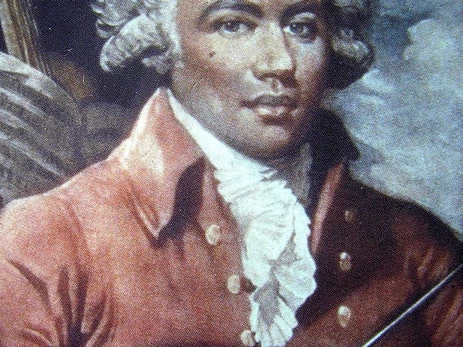Uncategorized
Forgotten Voices of Classical Music
Forgotten Voices of Classical Music
Many of us love to listen to Chopin’s Ballades, Beethoven’s sonatas and even Tchaikovsky’s concertos! However, how come we never fully listened to other composers from other nationalities and ethnicities other than the well-known European musicians?
This is a question that as the years pass by, more historians, composers and ethnomusicologists explore: the forgotten voices of classical music.
A Change in the Musical Canon:
Many composers were faithful to follow a musical canon or form. The sonata, rondo and preludes… Each of them contains a different specific and exceptional, unique musical form, in which we have the basic building blocks of a complete masterpiece… However, we are not very well aware that many composers did not like to fully follow such style or even “fashion” in music. We have remained firmly stuck to the very well known musical forms, but this eventually leads to a biased and one-sided view of classical music composers.
We completely forget there are others who really made a difference in music’s evolution, the other composers who went out, challenged many society’s standards and aided in the astonishing development and change of musical genres… these Black Classical Music Composers are the pioneers who broke the classical standard forms and developed new pianistic techniques and sonorities, that later developed in the “ragtime” the “Blues” and even originated the most well-known concept of “basic idea” and “contrasting idea” in sonatas!!
So now, let’s have a look at some of the most memorable black composers in classical music, the real pioneers who moved, changed and shaped music to be what we listen to nowadays.
Who are the ones we consider as Forgotten Voices of Classical Music. Let’s learn about them!
Joseph Bologne 1745 – 1799:
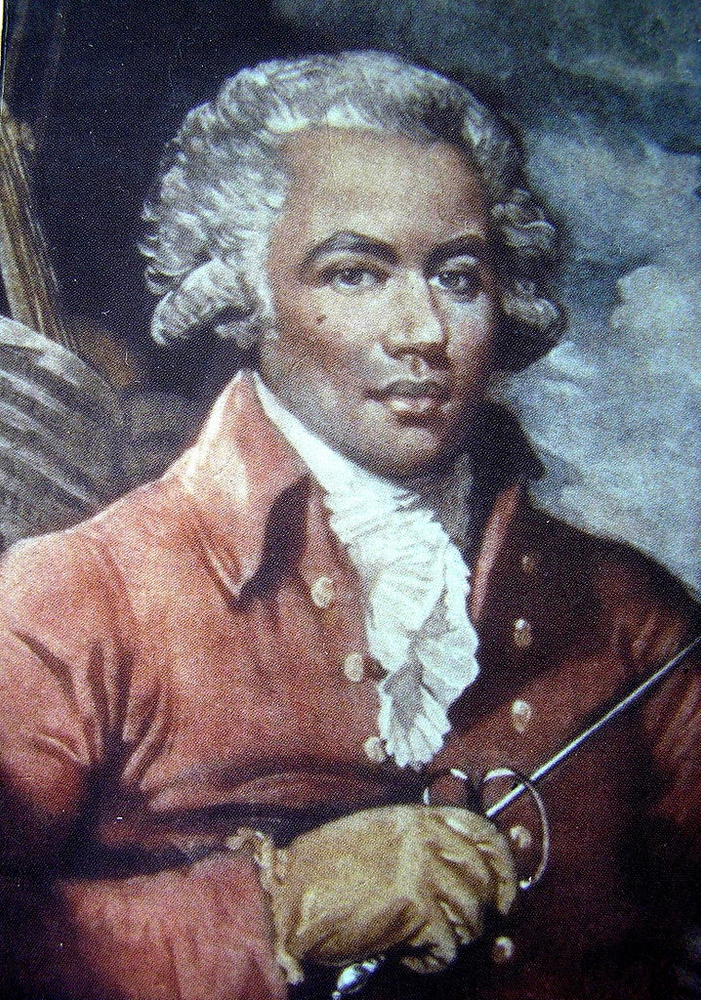
This composer was so appreciated that he was even named “The Black Mozart” (Le Mozart noir).
He was an incredible sight-reader, improviser and pianist. Many of the noblemen who listened to his compositions and concerts were left perplexed at the capacity of this composer of multitasking and improvising along with a live concert. Something only a few concerts of the époque could do, like Mozart.
As Mozart was still having a tough time in getting his music heard at the moment. Joseph has immediate acclaim and even gained international recognition, Kings from all across Europe traveled many kilometres to only attend a single one hour concert of this fantastic pianist. It is remarkable the fact that this composer has learned everything by ear. Yes, by ear only, as he carried in his veins the ancient mother tongue of the “griot” language.
This means a musical history that has been taught by ear and storytelling with a musical background. Joseph Bologne was an enthusiast of the polyrhythm, counterpoint and improvisation, in other words, we could even mention that he was one of the first classical composers in playing a sort of “Jazz”. He also used the power of envy and hate from peer composers who hated him for being black, to create a piano concert named “Sinfonía Concertante” with the main character of Monsantos, who appears in “The Magic Flute” too!
George Bridgetower (1778 – 1860):
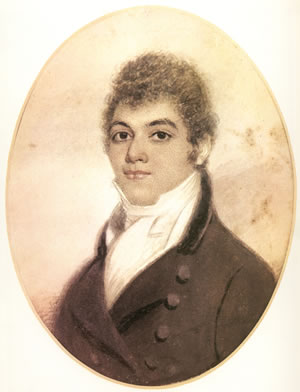
George was another prodigy within his Century. He was a violinist and was considered one of the best players in the quartet of the Emperor. He was so popular Beethoven dedicated a full Sonata to his name, “Kreutzer” Violin Sonata No.9.
Unfortunately, George died in severe poverty as the times were moving on, and more racism and xenophobia was taking place across the world. His name has been forgotten nowadays; however, he is still a true inspiration for many violinists who look forward to improving their virtuosic skills. He is one of the pioneers in the technique of “Sul Pont”.
His performances really stuck out of the ordinary as while playing his concerts with the music ensemble, his striking dynamics stood out. He really applied the impressionistic style to the most stoic and clean concerts.
Nowadays, we vaguely know about his work as there was a movie “The Immortal Loved” in which the director explains a bit his story, however, we still have many missing facts about his pianistic attributes and technique. George was not a conformist and was a real concertmaster, a whole leader of his pack and guided every single instrument in the ensembles to perfection, as he has a vast knowledge of tonality, phrasing and melodic fragmentations. This is how he successfully created his respected reputation.
William Grant – Still (1895- 1978):
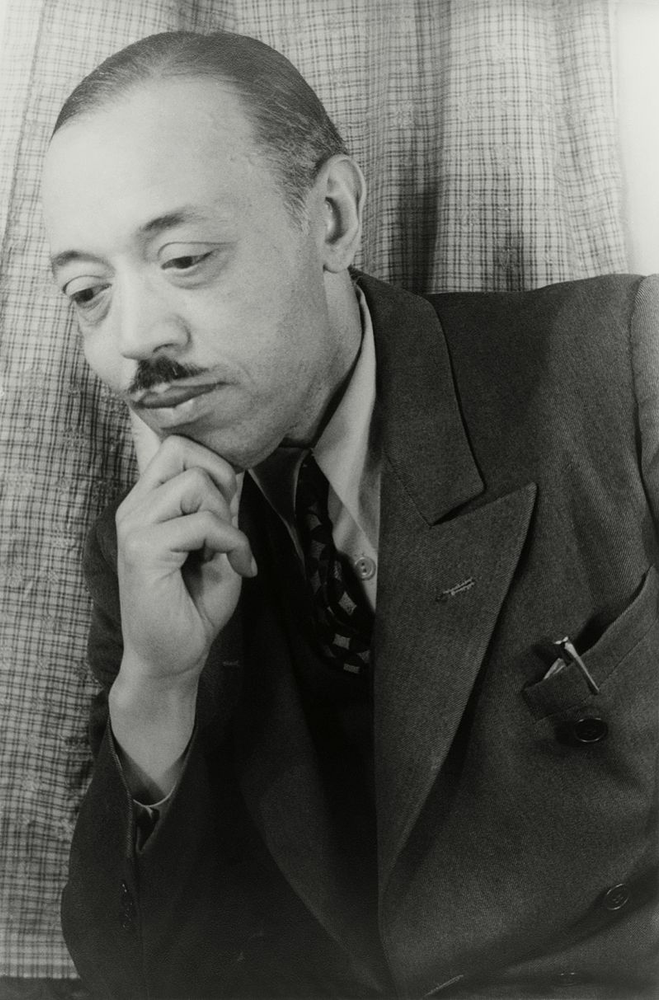
William was a black composer who specialized in operas.
He was named the Dean of African American Composers and led many of the most well known historic orchestras and operas. With more than 150 compositional work, William never wasted a single minute of his time in attending critics and racist slurs he sometimes received in the middle of the concerts. With a straight face, he stood up and bowed every single time respectfully, showing that with humility and dignity, any composer can get through the worst. He was a true inspiration and father figure to our music period.
He implemented African- American themes to the classical formed operas, resulting in an amazing and exotic clash of sounds and colours. Leading the New York City Opera and The New York Symphony, he had the honour of being the first African American Composer in appearing on live TV and Radio simultaneously.
Despite the racial bias he suffered, he kept moving on and moved our musical genre to its extremes, by combining a hybrid orchestra with African Instruments (Kora, Djembe, Lungas..) with ordinary classical instruments. Imagine listening to “Pavanne” with a cool African beat!!! Extraordinary, right?
Scott Joplin (1868- 1917):
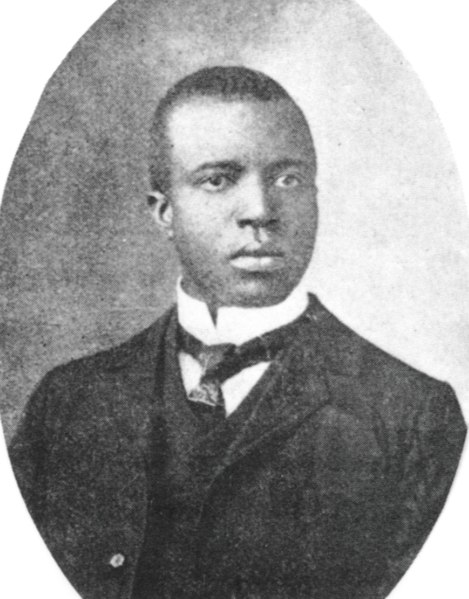
Who was Scott Joplin:
He’s known as the pianist who played two pianos facing opposite to each other and backwards.
This artist was also a composer, who influenced a lot of composers of the 20th Century. Scott played and learned from the best pianists, who came from a long dynasty and lineage of masters. His life was makers by dementia; however, it was never a sone in his way, with tears and notes. He faced the crude reality of the white-dominated music world.
He went through all the courage it took to play in front of more than 600 literates and music analysts, who were astonished by her impeccable pianistic technique. Pieces like Solace and The Entertainer are still heard nowadays. He is an incredible musical figure in which many film composers inspire from and follow her musical analysis guidelines: Phrase, form and velocity.
The notes on the piano were highly crafted, and the expressivity was extended to its limits, resulting in an exciting and unique performance for every single concert, despite performing the same piece on different concerts.
What Happened Then?
Why aren’t we aware of these masters of music, and why have we been taught that the white male composers were the most predominant?
Well, there is clearly a white biased standard society that we have been growing on. Many black voices have been barred from the classical to the modern music period, and many of us we don’t know. Hence we never get to acknowledge the power of these ideas and voices… We had operas in the late 1800s with African instruments! The Basic Idea, Main theme and contrasting ideas of a sonata originate in the:” Griot”, Hausa, Ewe and Dagomba tribal folklore music!
Many of the paintings and photographs of the composers have unfortunately been “whitewashed’, however, these great artists were black, black and beautiful!
Now that we know the truth and we have revealed the great art of these African Composers, we yet have to admit that we have not even covered 10% of the thematic. There are many more voices in art, painting, music, sculpture, literature and film that we don’t know of, or even worse, that their voices have been completely erased from history.
We are living in a modern society in which we admit that as many cultural genres there are, this is a truly inspiring and positive impact on society. Get to discover more artists, composers and instrumentalists. It can be an eye-opening lesson for all of us.
Black lives matter and black music composers existed and created the basics of the music we have studied, performed, worked and even compose nowadays!
Author: Ana Ortiz Wienken

Forgotten Voices of Classical Music

